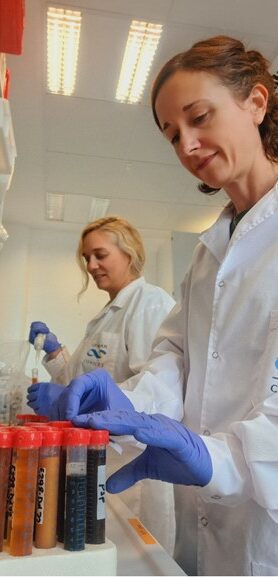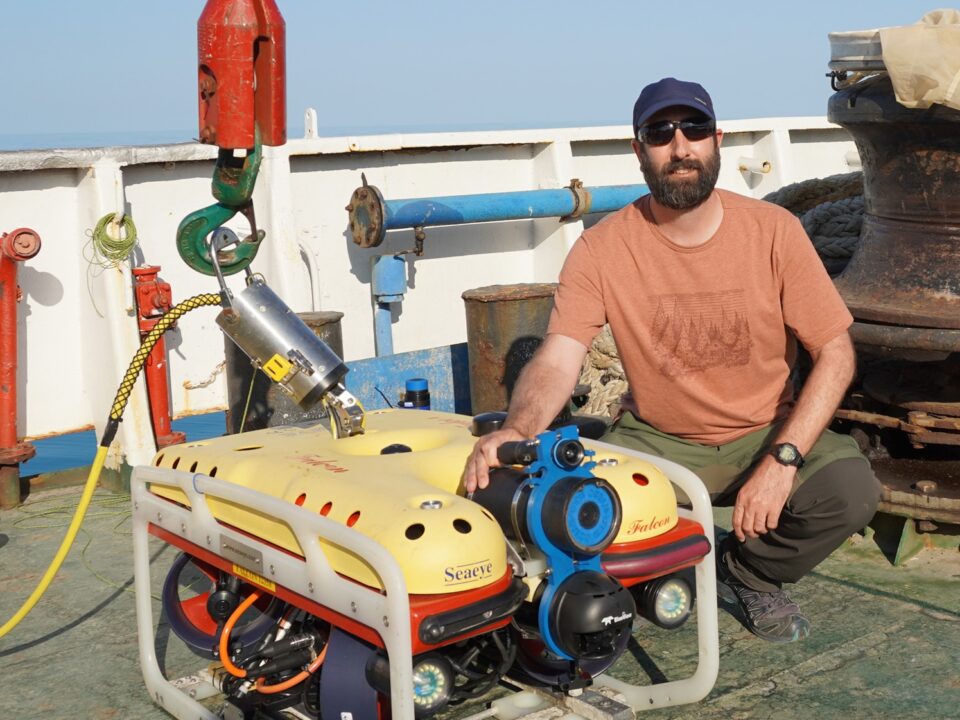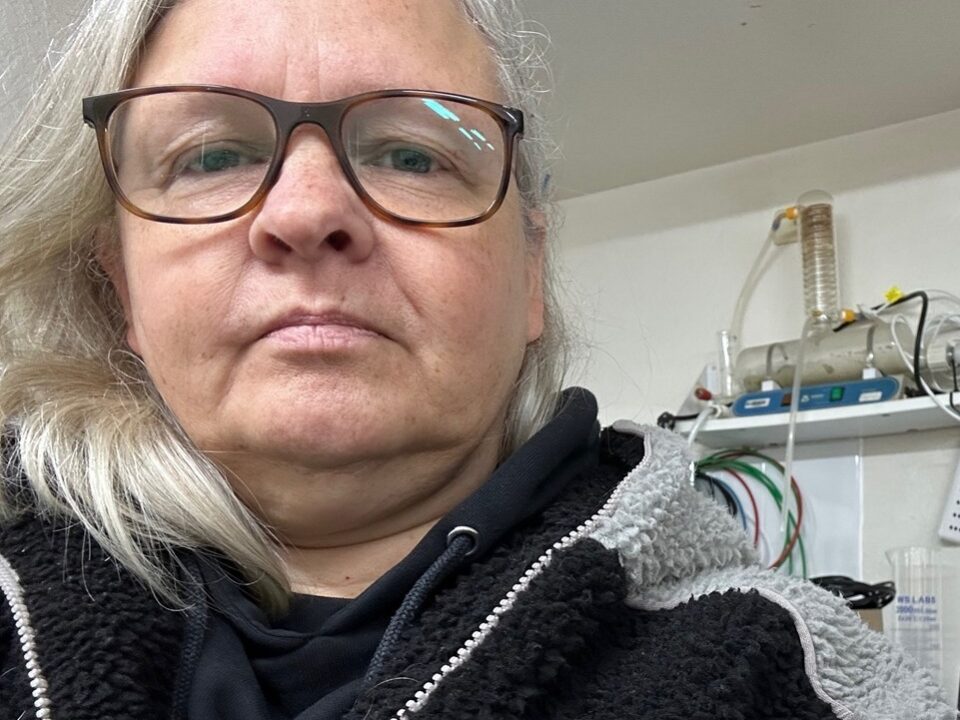Transfer of phycotoxins through pelagic trophic webs and exposure level of marine mammals in Patagonia, Argentina in a climate change scenario

We are researchers investigating the transfer of phycotoxins from phytoplankton-producer species to higher trophic levels, including marine mammals inhabiting northern and central Patagonia, Argentina. Marine mammals are considered sentinel species for toxic phytoplankton blooms in their ecosystems due to their longevity, role as top predators in food webs, and ability to accumulate phycotoxins in their tissues. As such, they serve as indicators of potential human health threats associated with the deterioration of oceanic conditions.
Currently, the exposure of marine mammals to phycotoxins is a topic of growing interest and has become a key priority in global research. This is particularly significant given that in the last 40 years, there has been a documented increase in mass mortality events of marine mammals worldwide due to phycotoxin exposure. In this context, studying the transfer of phycotoxins through the food web is essential to determine whether marine mammals in Patagonia are exposed to these potent neurotoxins through their diet.
During our secondment at AWI, under the supervision of Dr. Bernd Krock, we performed extractions from phytoplankton, zooplankton, several marine mammal tissues, and marine mammal main prey. Additionally, we collaborated with Dr. Marina Arregui, a postdoctoral researcher at the AWI and the University of Las Palmas de Gran Canaria (Spain), on the identification and quantification of hydro- and lipophilic toxins, including domoic acid isomers.
Working at AWI was a valuable opportunity for us to assess the levels of toxins to which marine mammals are exposed in the study area and to identify the main vectors of these toxins throughout the food chain. We are very grateful for the chance to work with Dr. Krock, a leading expert in phycotoxins. Furthermore, our collaboration with Dr. Arregui has enabled us to identify the isomers of domoic acid in the samples. Investigating these isomers is important for improving our ability to assess the risks posed by phycotoxins to marine ecosystem health.





